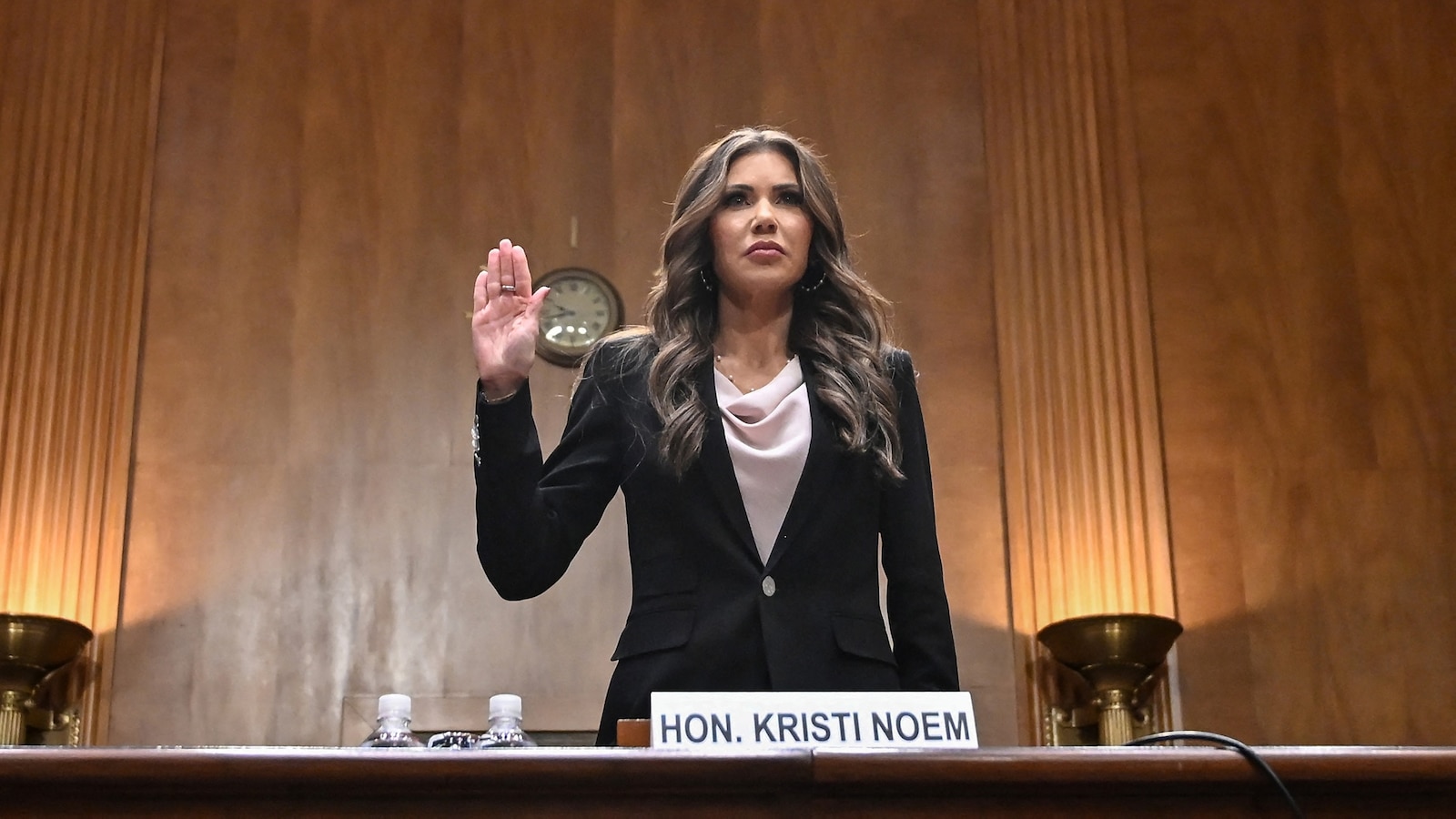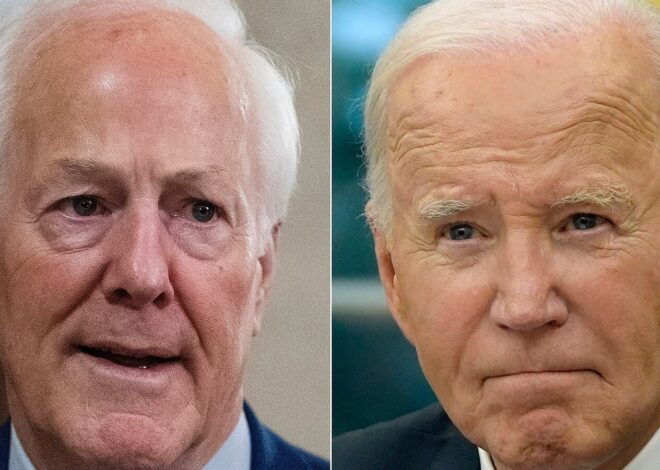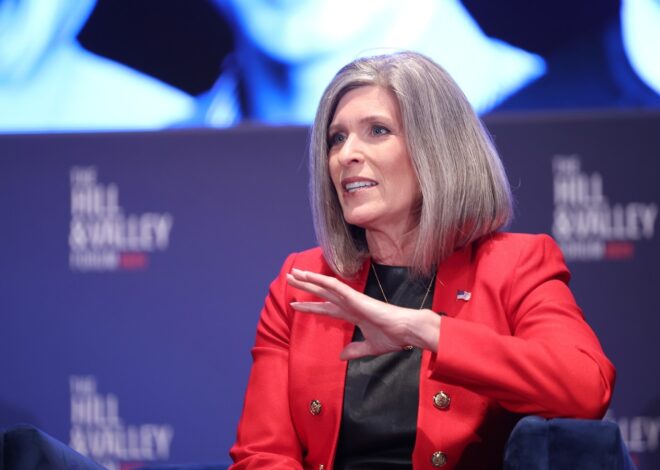
Kristi Noem Missteps on Habeas Corpus, Dismisses DHS Citizenship TV Show Rumors
A Day in the Halls of Power
Maybe this is how it always begins: the buzz of a committee room, an air thick with anticipation, and the whisper of a headline waiting to be born. Today, it was all eyes on Homeland Security Secretary Kristi Noem as she took her place before the Senate Homeland Security and Governmental Affairs Committee, the topic of debate being the Department of Homeland Security’s 2026 budget. A seemingly routine affair on the surface, but as we often find, it’s in the unexpected exchanges that things take a turn.
As the discussions unfolded, Sen. Maggie Hassan from New Hampshire posed a question that seemed straightforward enough-“What is habeas corpus?” Noem, perhaps not expecting the inquiry, offered a definition that strayed far from the constitutional truth. Her answer suggested it was a presidential power to remove individuals from the country, a claim that raised eyebrows and prompted a swift correction from Hassan.
“Excuse me, that’s — that’s incorrect,” Hassan interjected, launching into a detailed explanation of habeas corpus as a fundamental legal safeguard ensuring that the government must justify detaining individuals. This principle, Hassan asserted, is a cornerstone distinguishing free societies from authoritarian regimes. It’s a sentiment that resonates deeply, especially for someone representing the “Live Free or Die” state.
In a climate where words carry weight and every statement is scrutinized, Hassan pushed further, questioning Noem’s support for the habeas corpus protection. The response was tentative, as Noem acknowledged support for the principle while pointing out the president’s constitutional authority over its suspension. This prompted Hassan to remind the committee that such power requires congressional approval-a nod to history, as even Abraham Lincoln had sought Congress’s retroactive consent during the Civil War.
As the discussion veered from budgetary specifics to constitutional tenets, another unexpected topic emerged. Noem found herself clarifying rumors of a proposed reality show, allegedly involving the Department of Homeland Security. The premise? Immigrants competing for U.S. citizenship-a concept that had already sparked controversy. Noem was quick to distance herself from the report, dismissing it as “completely inaccurate and false.”
She emphasized that neither she nor her executive team had prior knowledge of any such proposal, criticizing The Wall Street Journal for their reporting on the matter. Noem claimed the publication was forced to amend their article, asserting that it contained significant errors. It’s a reminder of the ever-complex relationship between media and those in power, where truth can often be a slippery slope.
In this day of testimony and tension, maybe what lingers isn’t just the technicalities of government budgets, but the nuances of power, accountability, and the narratives spun within those high-ceilinged chambers. Maybe, somewhere between the lines of formal proceedings and heated clarifications, there’s a whisper of something larger-an insight into how democracy breathes and how the dance of governance is always more than it appears. If you’re curious, you can see similar stories unfold in the Washington Post.
So, the room clears, the headlines are drafted, and yet another chapter in the endless narrative of governance is penned. Maybe tomorrow will bring more revelations or perhaps just more questions, hanging in the air like unfinished thoughts.
For more context, see this background on US politics.



